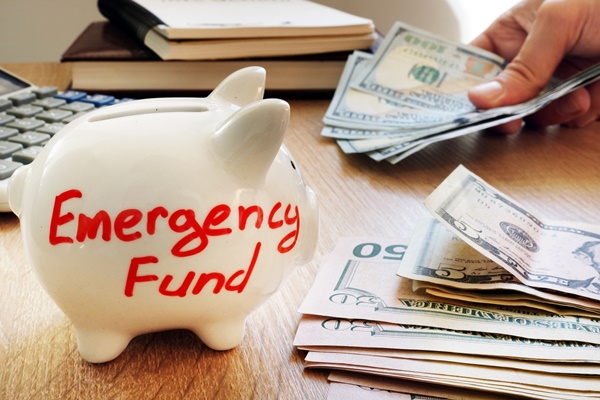
Why You Need An Emergency Fund
You must have heard about how important it is to maintain an emergency fund in case of emergencies, especially if you are alone after divorce. According to conventional thinking, your funds should be enough to cover three to six months of spending, including bills and other requirements. This method appears rational initially; an emergency reserve can aid financial stability. Is it possible, however, to save too much? For answers to your questions, contact a divorce lawyer Wisconsin today.
According to a 2018 Bankrate poll, just 39% of Americans have enough money to handle a $1,000 emergency. Regarding funding a $1,000 problem, these poll respondents make up the majority. The second most popular approach (19%) was to use a credit card to pay off the emergency over time.
Should you save more?
Given the amount Americans owe their creditors (the average personal debt outside of home mortgages is over $38,000, according to Northwestern Mutual’s 2018 Planning & Progress Study), one might assume that Americans need to save more for emergencies, not less. This might be true for the 28 percent of Americans with no savings. It is undoubtedly useful to have finances readily available during an emergency.
Finance, however, is not so straightforward, and not every way of saving for an emergency fund is the same. Here are a few things to consider regarding your emergency fund.
Once you have determined a budget (six months of living expenditures), it is time to start work. Creating a divorce emergency fund needs planning and dedication. You will also require the necessary information.
Settle priority debts
Before you can start saving for an emergency, you must pay off your high-interest debts. This is simply a debt that cannot be postponed. Debt can eat up extra resources that should be saved. If you have a payday loan, a credit card loan, or a car loan, among other forms of loans, prioritize paying them off first.
Knowing how much you need in your emergency fund is useless if you also have high-interest debt that leaves your savings at nothing. It is best to clear the debt as soon as possible because loans are expensive when paid back over time. If you pay off your most important debts first, you will save money on interest. Furthermore, you might put these savings into an emergency fund.
While paying off necessary debt as quickly as possible might help you save money, you also need additional money-saving techniques. You can make a savings schedule based on estimating how much you need in your emergency fund.
Apart from this, if you are interested to know more about Eligibility Requirements to Get Workers’ Compensation? then visit our Law category



